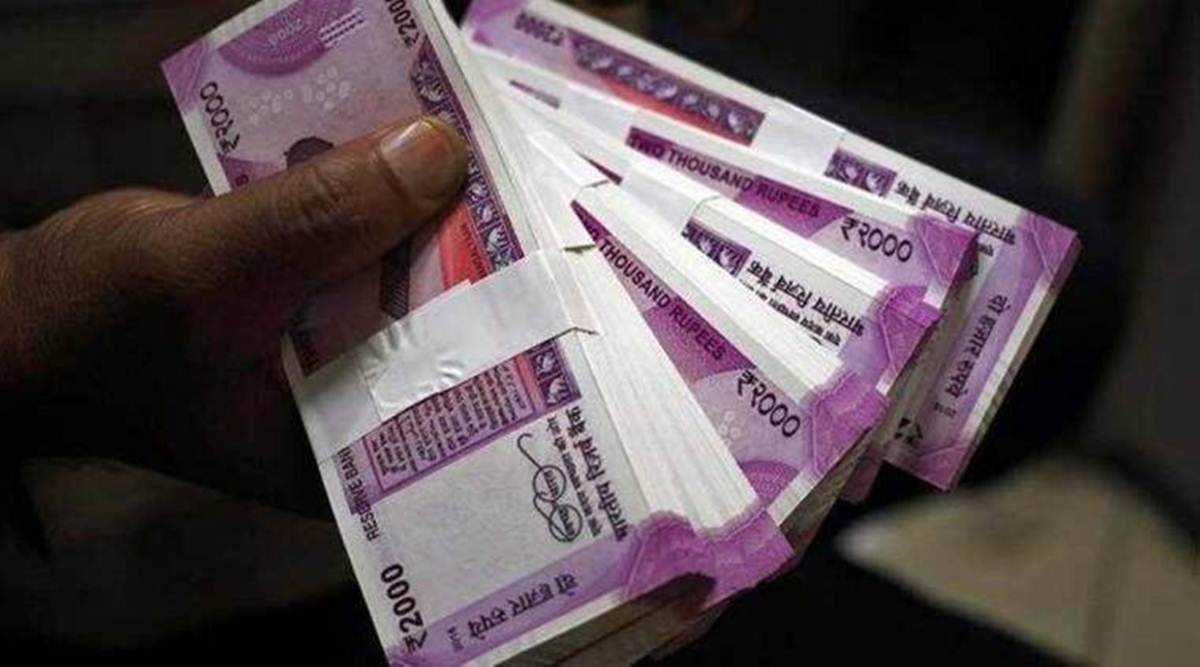
Parliament’s clearance to The Factoring Regulation (Amendment) Bill, along with a government plan to mandate companies with over Rs 250-crore annual turnover to register on the TReDS (Trade Receivables Discounting System) platform, will significantly boost funding availability for MSMEs, lower interest costs and improve cash management, industry sources said.
Currently a handful of NBFCs and banks were providing funding to MSMEs against their receivables. Factoring law amendments have been cleared in both Houses of Parliament in the current session. This will enable nearly 9,000 NBFCs to participate in the factoring market instead of just seven now. Improved participation by NBFCs in the factoring market will enhance liquidity for MSMEs and lower their interest costs.
Factoring is a transaction where an entity (like MSME) sells its receivables (dues from a corporate) to a third party (a ‘factor’ like a bank or NBFC) for immediate funds. Banks and NBFCs provide finance against these receivables, enabling availability of ready funds for the MSMEs. This is done on an online TReDS platform initiated by the Reserve Bank of India (RBI). TReDS facilitates financing and discounting of MSME trade receivables through multiple financiers.
“Only in India, factoring could be done by the banks or NBFCs that have a factoring licence — those who do over 50 per cent of business through factoring. Now, all NBFCs have been allowed to do factoring business, irrespective of proportion of income from factoring. This, therefore, brings liquidity into factoring business, which was deprived of it as only largely banks and few NBFCs could participate in it,” said Sundeep Mohindru, CEO of M1exchange, an online platform for trade receivables.
NBFCs’ lending to MSMEs is typically against the balance sheet strength of these smaller companies, leading to interest rates that can be higher than 16 per cent. But in the case of funding against receivables (or factoring), the NBFC is taking a risk on the customer of the MSME who is larger corporate, leading to lower (nearly halving) interest costs, he said.
The Finance Ministry also plans to accept suggestion of a Parliamentary panel studying the impact of Covid-19 on MSMEs that it should be made mandatory for CPSEs with turnover of over Rs 250 crore to register on TReDS platform, a senior government official said. “As on 31.12.2020, of 4,599 companies having turnover of more than Rs 500 crore, as identified by the Ministry of Corporate Affairs, 1,461 companies have registered themselves on TReDS platform. 170 CPSEs and 3,903 MSMEs registered with these CPSEs have also been onboarded on the platform. Totally, 11,690 MSMEs have on-boarded,” the Department-related Parliamentary Standing Committee on Industry noted in its report on MSMEs last week.
“The Committee recommends that the registration should be made mandatory for all CPSEs having a turnover of more than Rs 250 crore (from Rs 500 crore at present) as it would enlarge the ambit of TReDS,” it said. Every tax invoice raised by GST-registered MSMEs should reflect automatically on the TReDS platforms.
The legal changes have also enabled intermediaries to register a factoring transaction on the Central Registry of Securitisation Asset Reconstruction and Security Interest (CERSAI) portal instead of the existing practice of banks doing assignment in CERSAI one by one.
With 3,000-5,000 factoring transactions in a single day, assignment entry onto CERSAI has been time consuming so far.
“Now the change in Factoring Act has permitted intermediaries like us to register the factoring unit directly on the CERSAI portal … this will reduce the lead time on operating on the portal from days to few minutes and hours. This makes the process faster, efficient and reduces chances of duplicity of transactions,” said Mohindru.

